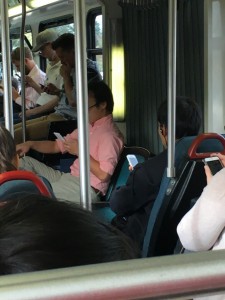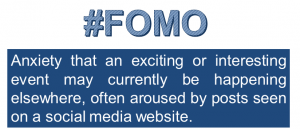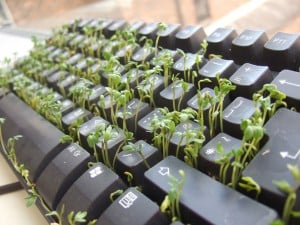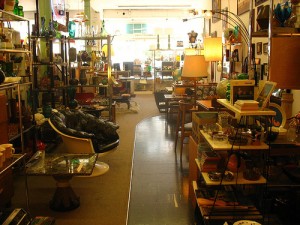People are more important than data.
I just finished Who Owns the Future by Jaron Lanier and although economics is in no way my area of expertise- he makes interesting points about the future of economics and society in the Information Age. His previous book You Are Not a Gadget provided insight into digital culture and this new book is a warning about the increasing risk of losing the backbone of modern civilization- the middle class. The following notes come from Lanier’s perspective and are worth contemplating.
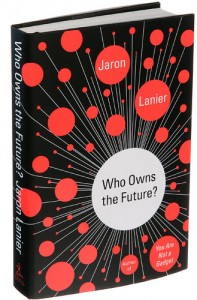
We have this crazy illusion that data is sort of magic – that “data came from the heavens instead of from people.” Inanimate data holds no promises for the future — only people hold promise. Our fascination with technological gadgetry (also a theme in his prior writing) puts emphasis on the data instead of the people who create it.
A highlight of Who Owns the Future was an excellent analogy about current TOS (terms of service) contracts and how we completely ignore them in the numerous apps and sites we download and take part in daily. Most are written in complex jargon that would take hours to analyze. Lanier presents the terms of service of a lemonade stand (page 80) in a child’s front yard! In the lengthy legalese statements to the parents of the lemonade stand entrepreneurs, he include such items as:
“A percentage of up to 30% of revenues will be kept by StreetBook.
Limited free access to StreetBook’s curb in front of your house is available in exchange for advertising on your body and property. The signage of your lemonade stand, the paper cups, and the clothing worn by your children must include advertising chosen soley by StreetBook.
If you choose to seek limited free access to use of the curb in front of your house, you must make available to StreetBook a current inventory of items in your house, and allow StreetBook to monitor movement and communications of individuals within your house.”
That is a small fraction of the contents of the terms of service for the lemonade stand. His point is that we simply cannot keep up with the fine print on these TOS agreements, so must of us simply click “agree” and get on with it.
Lanier calls Google, Facebook, and other online giant information providers “siren servers”. Lanier believes the biggest threat to our economic future is big data networks (siren servers) getting all online profits rather than individuals who create or program digital content. “One giant siren server (Facebook) should not own an individual’s online identity (p. 250).” He proposes a revolutionary payment system on the Internet, which includes possibly linking monetary payment for creative skills and service into the data transfer.
His digital “golden rule” could be stated– Pay others the way you would like to be paid.
Today, it is easy to access and copy information for use in multiple formats. Why not copy when it is convenient? “If you copy a file, you don’t know where it came from, if it’s been altered, or what other information might be needed for it to make sense (p.221).” Meaning depends on context and the copy/paste/share mentally of digital participatory culture erodes context.
With the vast information landscape we navigate daily, Lanier proposes another idea called “decision reduction services” (p. 270). That reminds me of librarianship! The acquisition of high quality resources that have been evaluated for specific criteria sounds rather familiar. I suppose I am a “decision reduction service provider” for my patron community. (Lanier highly values libraries and librarians. I heard him praise them at the American Library Association convention last summer in Chicago).
For the past decade, I have been hearing the notion that information should be free. Lanier says that the “lure of free” beckons (e.g. MOOCs- massive open online courses) and the future of education could be grim if seduced by siren servers. As I currently research information literacy needs in MOOCs, his perspective illustrates some of the problems higher education is facing. He answered a question at the ALA convention with a humorous exclamation that “MOOCs are moronic!”
Online “creepiness” due to being spied on or having personal data collected is nothing new but Lanier illustrates the idea that we may not share the same “augmented reality” in the near future. Each of us will live in a personalized world and that loss of shared experience might be “creepy” and isolating (p. 315).
His prediction of The Future of the Book. (p. 356) was certainly full of insightful points. I can agree with Lanier’s hypothesis that books will merge with apps, video games, virtual worlds. He says, “Many readers will read what is put in front of their eyes by crowdsourcing algorithms, and often will not be aware of the identity of the author or the boundary between one book and another. This is similar to Barlow and Leston’s warning about the Internet becoming a book of sand.
Lanier points out that “There will be much more information available in some semblance of book form than ever before, but overall a lower quality of standard”. I heard Roy Tennant make that same prediction back in 2008 at the Texas Library Association Conference when he said that today “convenience trumps quality”.
My personal take away from Who Owns the Future is that embedding intellectual property identification and a small monetary token of appreciation into data could solve both information literacy issues and help strengthen a shaky economic future for civilization. Information is actually never free (even though many want it to be)- just as life is never free. Open access to information and projects that promote free information and books benefit society but certainly have costs involved somewhere. Acquisition and organization of high quality resources takes time and effort, which are as valuable as dollars and cents. Respect for people in both the physical and digital world is the bottom line. You really are not a gadget and you are not made of code.
Lanier, J. (2013). Who Owns the Future?. New York: Simon and Schuster.
